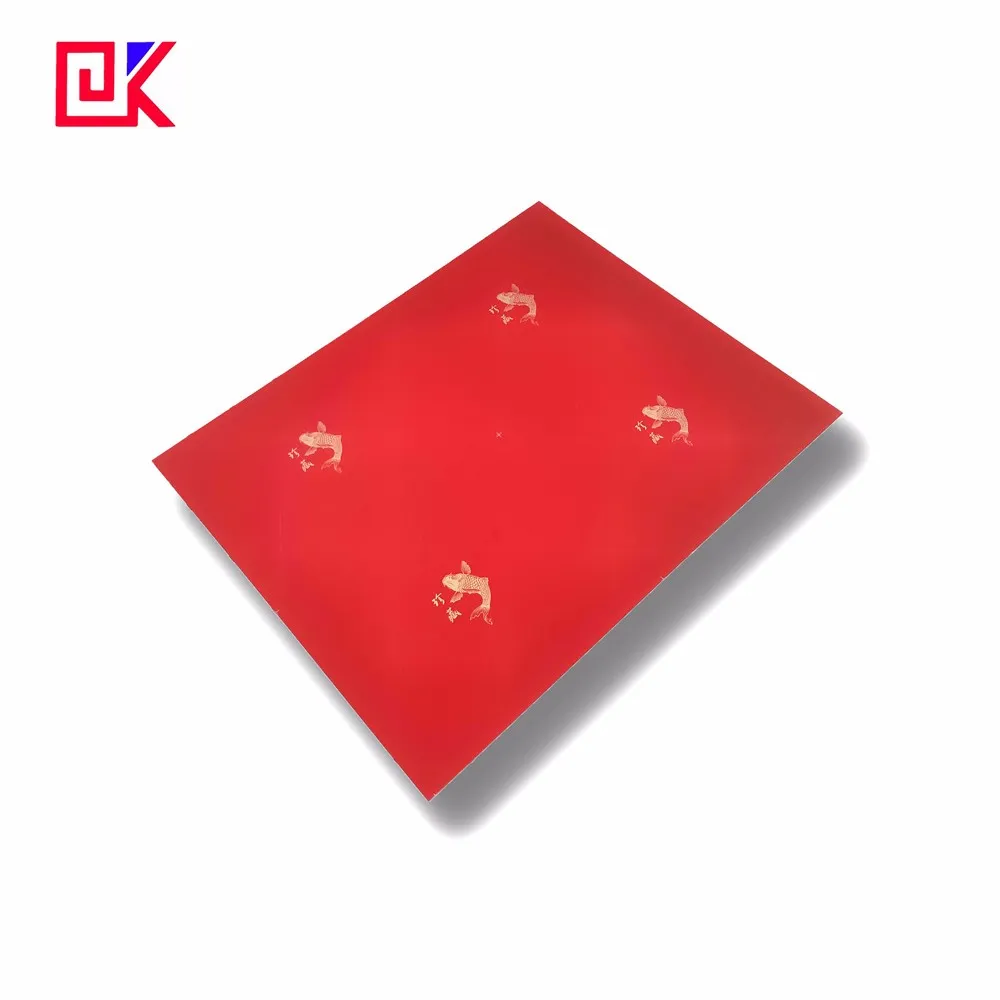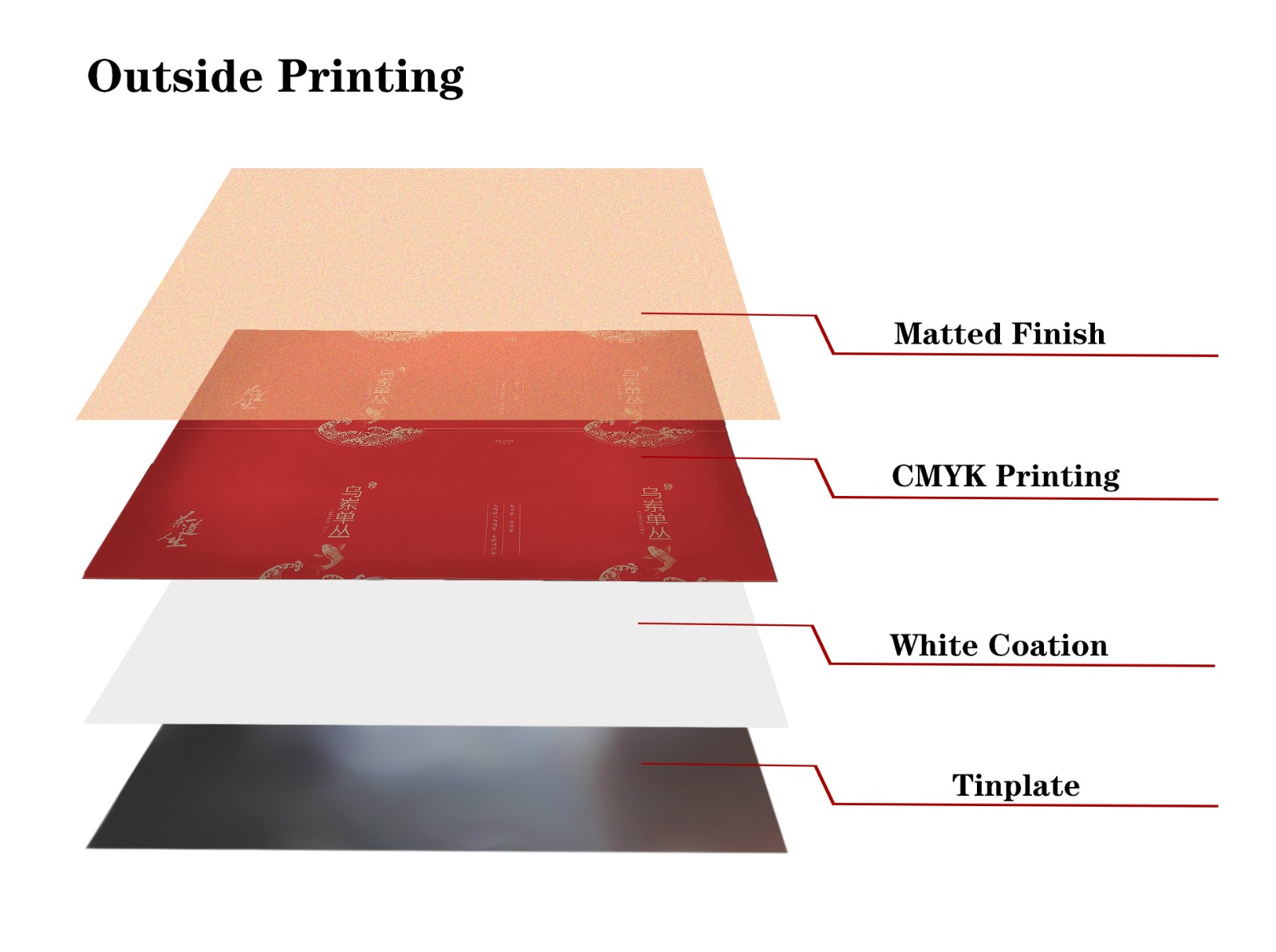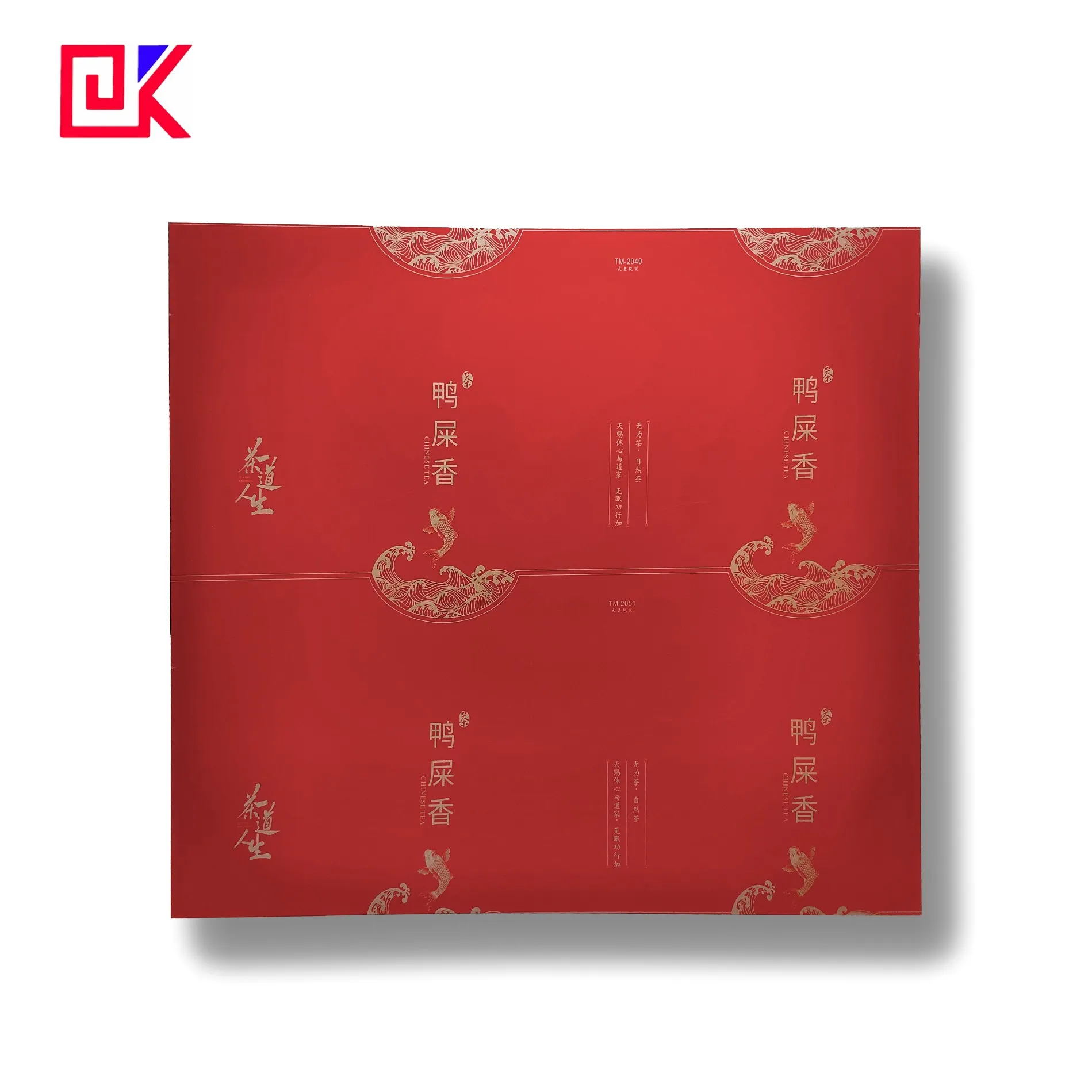As a beverage loved by consumers around the world, the preservation of tea has always been the focus of the industry. Good packaging can not only effectively extend the shelf life of tea, but also maintain its original aroma and flavor. In recent years, tin plate food packaging cans have been widely used in the field of tea packaging due to their superior protective properties.
So, are tinplate food packaging cans suitable for preserving tea? This article will explore this issue from multiple dimensions and analyze the advantages and potential problems of tin plate food packaging cans in tea storage.

What are the characteristics of tinplate food packaging cans?
Why are tinplate food packaging cans popular?
Tinplate food packaging cans, also known as tinplate iron cans, are widely used in the packaging of various products, especially food and beverage packaging. Tinplate cans are made of high-quality steel plates after tinning, and have good corrosion resistance, oxidation resistance, high strength and easy processing and molding. This allows tinplate food packaging cans to effectively block external light and air in the process of preserving products, and also prevent products from being damp or heated to maintain their quality.
What preservation effects do tinplate food packaging cans have on tea?
The main components of tea are aromatic substances, which are easy to volatilize and are very sensitive to changes in the external environment. In order to maintain the aroma and freshness of tea, it is necessary to ensure that it is not disturbed by external factors such as moisture, air, and sunlight during storage. Tinplate cans for food packaging have the following key features, making them very suitable for tea storage:
1. Moisture-proof function: Tinplate cans are extremely airtight and can effectively isolate air and moisture to prevent tea from deteriorating due to moisture absorption.
2. Light isolation: Tinplate food packaging cans are opaque and can effectively block ultraviolet and visible light exposure to prevent the aromatic substances in tea from decomposing due to light.
3. Anti-oxidation: Tea is prone to oxidation when in contact with air, resulting in loss of aroma and taste. The tight sealing of tinplate food packaging cans helps reduce oxygen contact and keep tea fresh.
Are tinplate food packaging cans suitable for long-term storage of tea?
Can tinplate food packaging cans effectively extend the shelf life of tea?
The shelf life of tea is closely related to its storage method. The aromatic substances, color and taste of tea are easily affected by the external environment. If appropriate packaging is not adopted, tea may lose its original flavor in a short time. Due to the moisture-proof, light-proof and anti-oxidation properties of tinplate food packaging cans, it can provide a relatively stable and closed environment for tea, thereby delaying the loss of tea flavor. Therefore, the use of tinplate food packaging cans can significantly extend the shelf life of tea.
For example, if the relatively fresh teas such as green tea and white tea are exposed to air and moisture for a long time, the aroma will quickly weaken, and tin plate food packaging cans can effectively avoid this situation. For tea that is stored for a long time, tin plate food packaging cans can ensure that its flavor is not destroyed by the external environment and effectively maintain the freshness of the tea.
Is tinplate food packaging cans suitable for long-term storage of different types of tea?
Different types of tea have different requirements for the storage environment. For example, green tea is relatively fresh and easy to be affected by moisture and oxidation; while compressed teas such as Pu'er tea are more durable, but will produce a unique flavor due to long-term aging. In this case, does using tinplate food packaging cans to store these two types of tea have the same effect?
The moisture-proof and oxygen-proof properties of tin plate food packaging cans make them an ideal choice for storing perishable teas such as green tea and white tea. For teas such as Pu'er tea that are not easy to deteriorate and can be enhanced in flavor through the aging process, although tinplate food packaging cans can still provide a better storage environment, it is also necessary to pay attention to the air permeability and temperature and humidity regulation of the tea. In order to avoid the tea from losing the necessary conditions for aging during storage, some tea manufacturers may choose packaging with vents instead of completely sealed tinplate cans.

What are the disadvantages of tinplate food packaging cans?
Will it produce a chemical reaction on tea?
Although tinplate food packaging cans have good moisture-proof, light-proof and oxidation-proof functions, if the quality of the tin coating during the manufacturing process is not up to standard, chemical reactions may occur, thereby affecting the quality of the tea. As a natural plant, the internal components of tea may react chemically with the external environment, especially when it is in contact with unqualified metal materials for a long time, it may produce a metallic taste and affect the taste of the tea.
To avoid this, high-quality tinplate food packaging cans usually use high-quality tin-plated steel plates and apply a food-grade coating on the inner wall of the packaging to further ensure that the tea is not contaminated by metal. This coating can effectively isolate the contact between tea and metal, ensuring that the flavor of the tea will not be affected.
Does the weight of tin plate food packaging cans affect the transportation cost?
Although tin plate food packaging cans have excellent protection, they are heavier than plastic or paper packaging. For tea brands that are produced and transported on a large scale, this may lead to a certain increase in transportation costs. During transportation, the increase in weight will directly affect the use of packaging materials and logistics costs. Especially for some small tea brands, the weight of packaging materials may be a cost factor that cannot be ignored.
What should I pay attention to when using tinplate food packaging cans to store tea?
How to ensure the sealing of tin plate food packaging cans?
The sealing of tin plate food packaging cans is the key to ensuring the long-term preservation of tea. During the tea packaging process, manufacturers need to strictly control the sealing of the packaging to ensure that there is no leakage. Tea leaves need to be kept away from air during storage, so poorly sealed tin plate food packaging cans may lead to a decline in tea quality.
In addition, the environment in which tea leaves are stored is also crucial. Even high-quality tin plate food packaging cans may affect the quality of tea leaves if they are stored in an environment with heavy humidity or high temperature. In order to extend the shelf life of tea leaves, it is best to store tinplate cans for food packaging in a dry, cool place when using them.
How to avoid corrosion of tin plate food packaging cans?
During long-term use, tin plate food packaging cans may be affected by the external environment and may experience slight rust or corrosion. To prevent this from happening, manufacturers usually apply a food-grade coating to the inner surface of tin plate food packaging cans to prevent metal from directly contacting tea leaves. Consumers should also regularly check the integrity of the packaging cans when using them to avoid rust or damage.

Based in Foshan, China, Foshan Dekai Metal Packaging Co., Ltd. is a trusted name in the metal packaging industry. We specialize in tinplate printing, aerosol cans, and customized packaging components. Our advanced production facilities ensure high-quality products and efficient bulk supply for wholesale buyers. With competitive prices, ISO9001 certification, and a commitment to innovation, we are the go-to manufacturer for brands seeking reliable, affordable packaging solutions. Contact us today for customized quotes and special offers.

